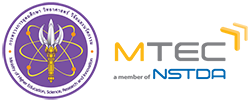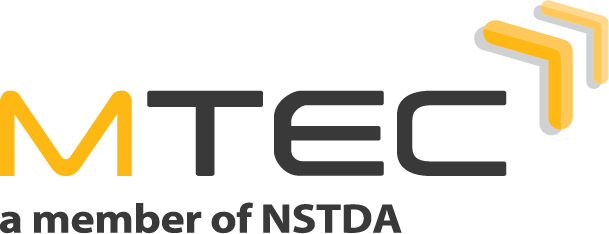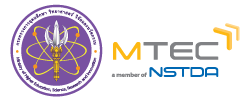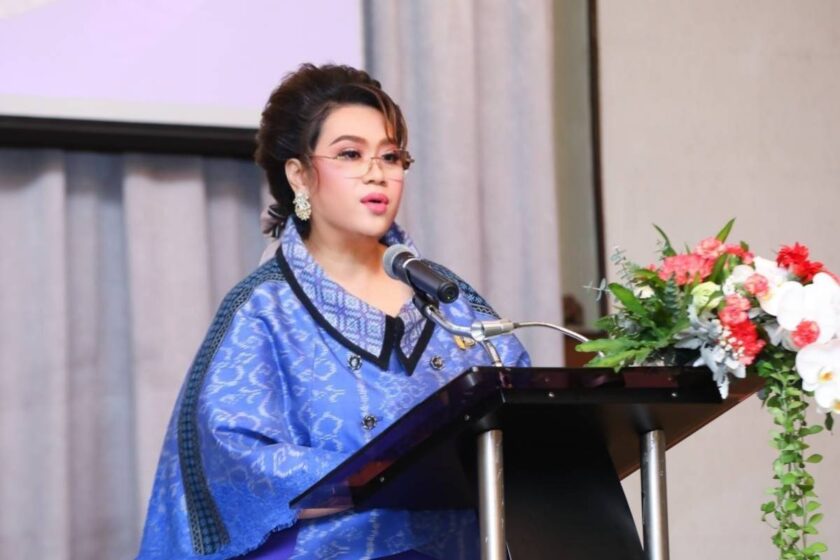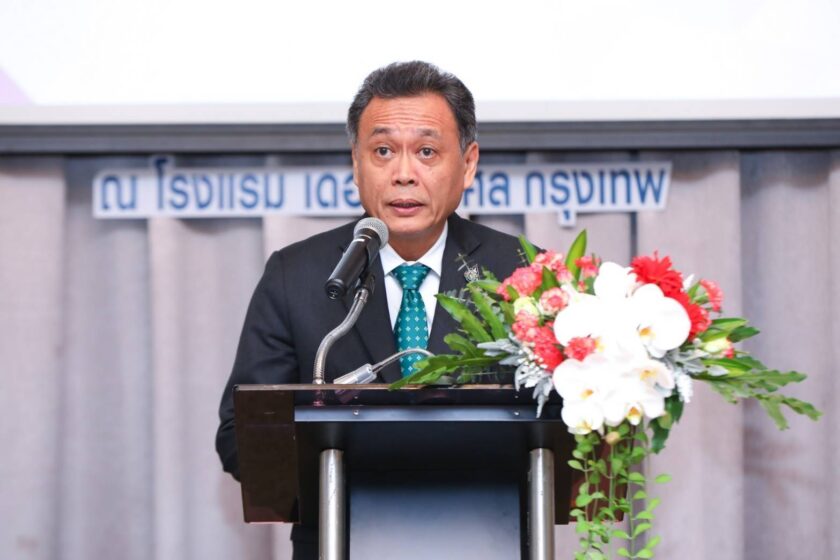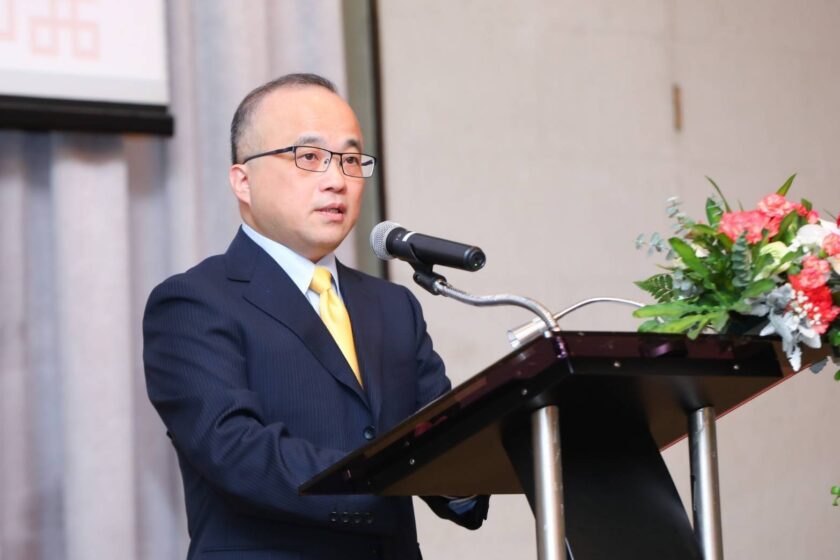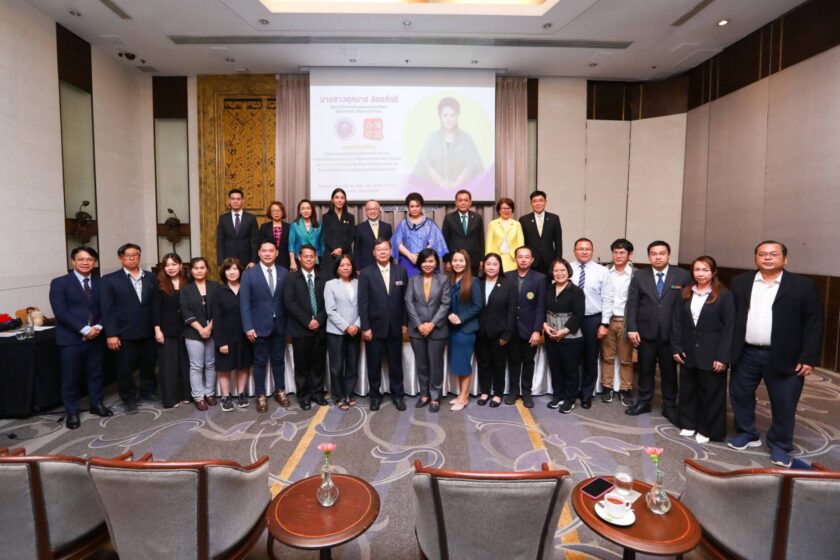
February 5, 2024, The Sukosol Hotel, Bangkok.
Ms. Supamas Isarabhakdi, Minister of the Ministry of Higher Education, Science, Research and Innovation (MHESI), co-presided over the opening ceremony of the “Operational Exchange Meeting to Discuss Project Implementation Guidelines of MHESI under the Mekong-Lancang Cooperation Fund” and announced the success and progress of MHESI’s projects under the Mekong-Lancang Cooperation Fund. The event was attended by Mr. Permsuk Sutchaphiwat, Permanent Secretary of MHESI, and Mr. Wu Zhiwu, Minister-Counselor and Deputy Head of Mission at the Embassy of the People’s Republic of China in Thailand, along with representatives from MHESI and projects funded under the Mekong-Lancang Cooperation Fund for the fiscal year 2023.
In 2023, MHESI received support for 13 projects from the Mekong-Lancang Cooperation Fund, totaling USD 3 million or approximately 103 million Thai Baht. Additionally, the National Science and Technology Development Agency (NSTDA) received support for 3 projects, including one project led by Dr. Ekkarut Viyanit, Director of the Rail and Modern Transport Systems Research Group, under the project “Technological Capability Enhancement of Local Industries and Product Standardization Initiative by High-speed Railway Project Requirements,” with a project duration of 2 years and an estimated total budget of approximately 6.47 million Baht, and 2 projects from the National Center for Genetic Engineering and Biotechnology (BIOTEC).
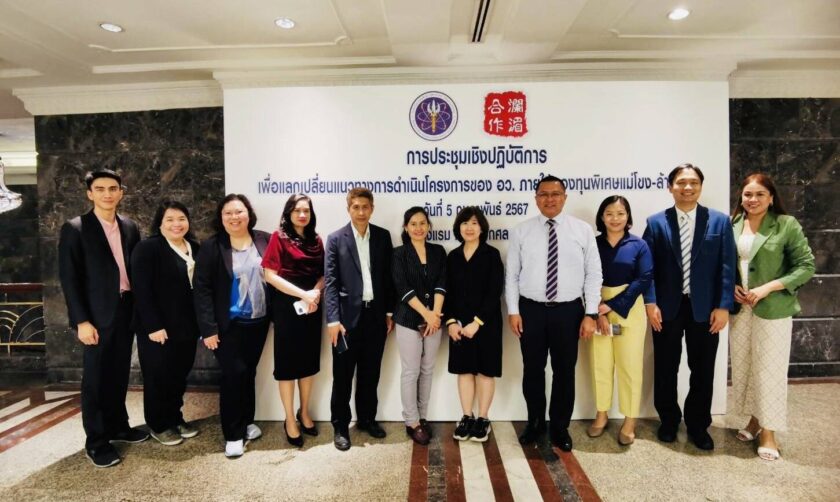
The Mekong-Lancang Cooperation Fund (MLCF) was created to support small and medium-sized projects undertaken within the framework of Mekong-Lancang Cooperation (MLC). Officially established in November 2015, MLCF brings together six member nations: Cambodia, Myanmar, Laos, Vietnam, Thailand, and China. The MLC framework aims to achieve sustainable development in the Mekong-Lancang River basin by promoting economic growth, mitigating developmental disparities among member nations, and bolstering cooperation within the ASEAN community. This framework’s collaborative efforts and thematic focus areas align with the Cooperation Framework’s overarching goals.
